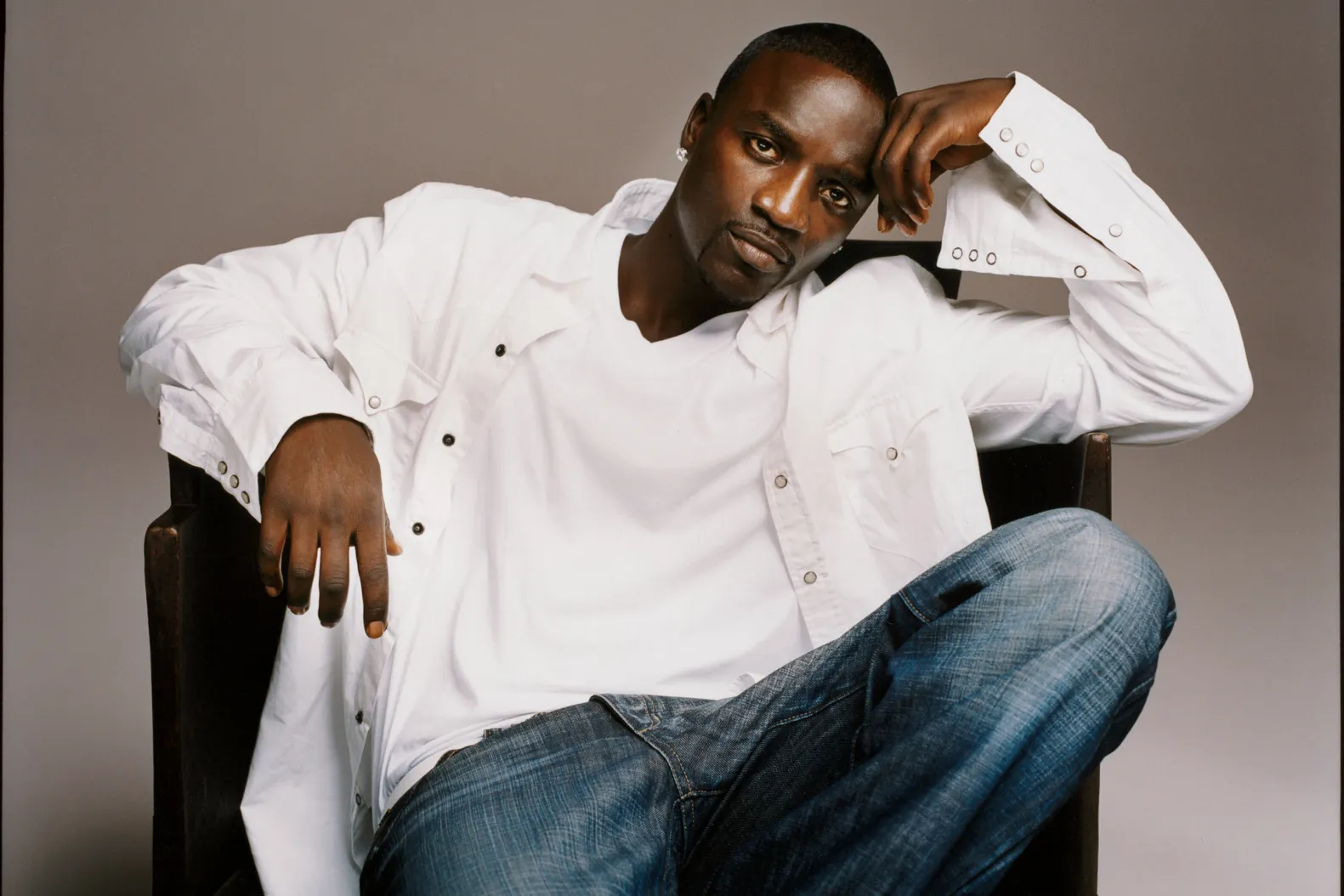Music mogul Sean “P. Diddy” Combs was sentenced on October 3rd, 2025 to 50 months in federal prison after being convicted on two counts of arranging for individuals to travel across state lines for prostitution. The decision came after a highly publicized trial that also saw him acquitted of more severe charges like racketeering and sex trafficking.
Combs was found guilty under the Mann Act for transporting individuals for illicit sexual encounters, involving so-called “freak-off” parties. Despite prosecutors pushing for a sentence of 11 years and three months, the judge opted for a significantly shorter term. Combs will also pay a $500,000 fine and face five years of supervised release after his prison time. He will receive credit for time already served, which means he is expected to spend about three more years behind bars.
During the sentencing hearing, Combs expressed remorse, saying, “I’ve been humbled and broken to my core.” He also added, “I lost my self-respect … I hate myself right now. I’ve been stripped down to nothing.”
The judge, Arun Subramanian, was unmoved by some of the defense’s pleas for leniency. At one point, a juror reacted to the sentence by saying, “I think he got off easy … I’m surprised the judge was that lenient. I think 10 years would have been more appropriate.”
The trial began in May 2025 in the Southern District of New York, with jury selection and opening arguments taking place in early May. The case centered on multiple parties Combs hosted where escorts were allegedly paid, drugs were involved, and sexual acts were recorded.
On July 2nd, 2025, after deliberating for three days, the jury delivered its verdict: Combs was found not guilty on the racketeering and sex trafficking charges, but guilty on the two transportation counts. That verdict narrowed the legal margin of his culpability.
The evidence presented during the trial included testimony from former girlfriends Cassie Ventura and an anonymous witness known in court as “Jane.” Ventura submitted a letter ahead of sentencing warning the court that, if Combs were released, “his first actions will be swift retribution toward me and others who spoke up about his abuse.”
A key witness known as “The Punisher,” an escort who participated in the parties, also testified, describing some wild scenes and claiming Combs was “out of control.”
Combs’s legal team criticized the judge’s decision sharply. Attorney Marc Agnifilo contended that the judge “acted as a 13th juror, one we did not choose … he second-guessed the jury.” The defense had originally asked for no more than 14 months of incarceration, emphasizing that all activity was consensual, and pointing to his time already spent in custody. They also plan to appeal, arguing the sentence amounts to coercion inconsistent with the jury’s acquittals.
Combs’s team has requested that he serve his sentence at FCI Fort Dix in New Jersey. Their argument: the prison offers the Residential Drug Abuse Program (RDAP), and its proximity to his family would support visitation and rehabilitation. In their filing, attorneys wrote that the location would allow him to “maximize family visitation and rehabilitative efforts.”
This sentence marks one of the highest-profile criminal penalties for a major music figure in recent years. Though the 50 months is far less than prosecutors sought, it is still punitive and likely to reverberate in the industry, both reputationally and legally.
If Combs’s appeal succeeds, parts of the sentence or its length could be adjusted. But for now, he faces several years behind bars, financial penalties, and a lasting public and personal reckoning.





